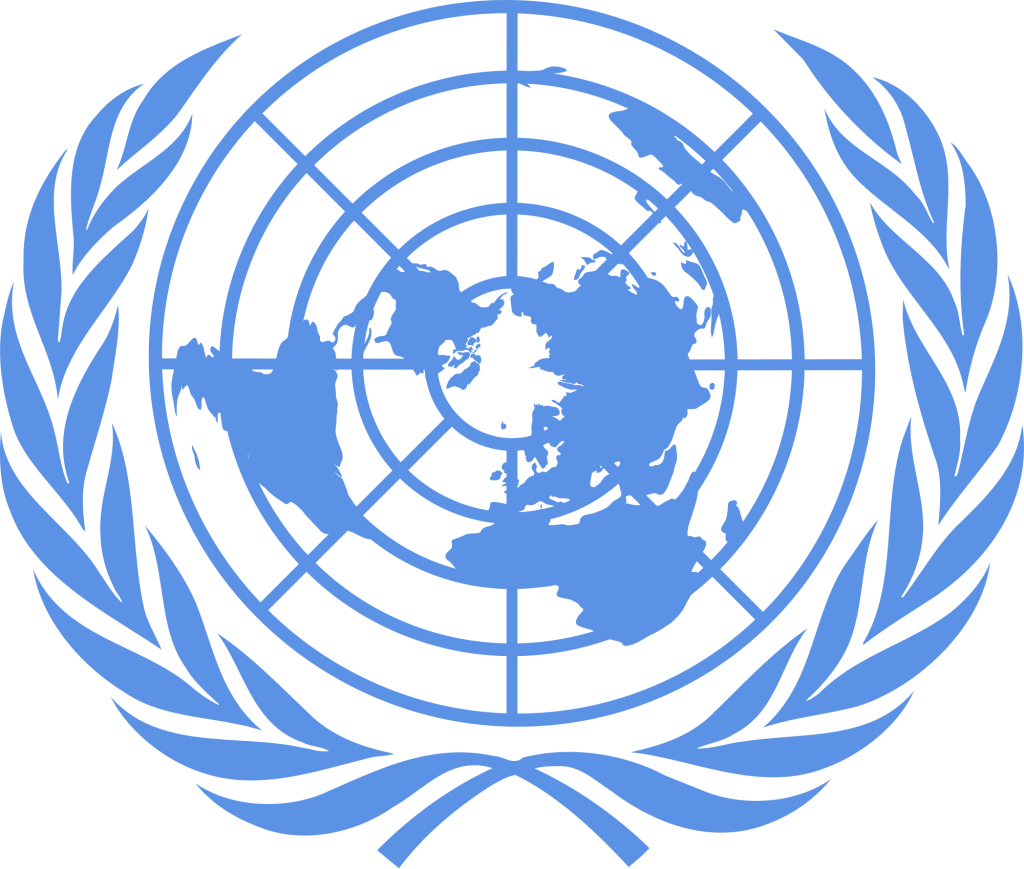Events are being organised around the world to celebrate the 70th anniversary of the founding of the United Nations, but a recent seminar held in the Austrian capital was not held to applaud the body’s past contributions.
Rather, the 45th International Peace Institute (IPI) Seminar, held from May 6 to 7, saw representatives from the political, NGO, media and military sectors come together to discuss the organisation’s capability to deal with the crises and challenges of the future.
There was consensus among participants that the difficulties in the realms of international peace and security are very different today from those that dominated the international community at the time of the foundation of the United Nations in 1945.
Not only has the number of member states quadrupled since then, the global scenario has seen the entry of non-state “actors” such as criminals and terrorists representing a real threat to stability of the international system that the United Nations was set up to safeguard.
At the same time, the planet is afflicted by other threats that do not stop at national borders, such as climate change, pandemics and wars, which have global dimensions and are extremely difficult to contain in our globalised world.
As Martin Nesirky, Director of the United Nations Information Service (UNIS) in Vienna, put it: “The UN grew from the ashes of World War Two and there has been no global conflict since then, but neither has there been global peace.”
This year, debate about reform of the United Nations comes at a time that represents a possibility for change and action on two major fronts.
The Millennium Development Goals (MDGs), although they have not yet been fully realised, are being pushed forward in the spirit of adapting a new development agenda in the form of Sustainable Development Goals (SDGs).

